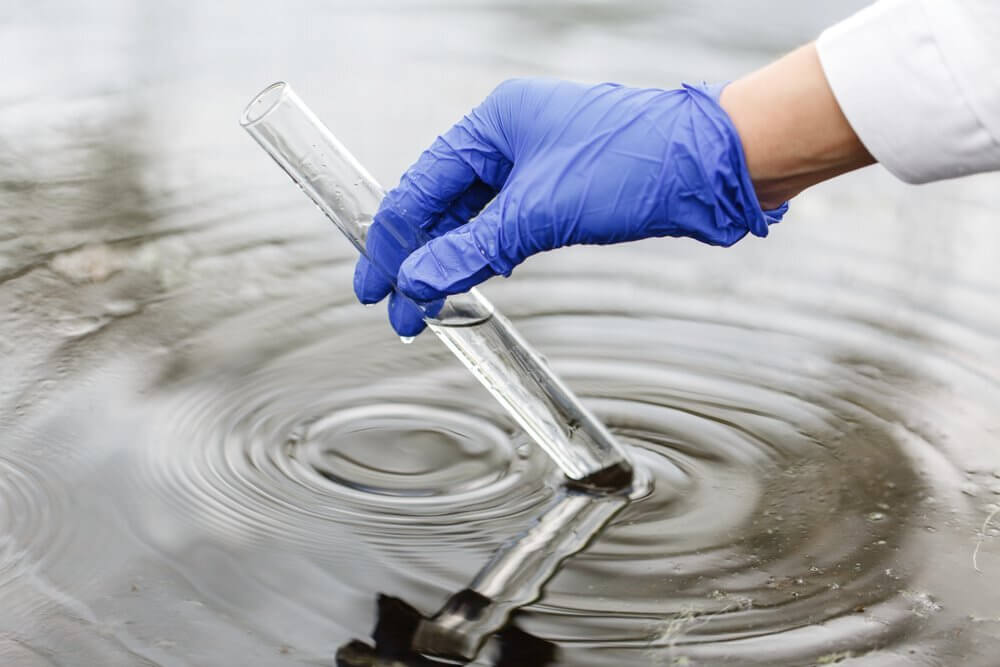Over one million innocent people were exposed to contaminated water at Camp Lejeune. The water there was contaminated from 1953 to 1987. Since the water was full of toxic substances, the Camp Lejeune drinking water was very harmful to consume.

Contaminated Drinking Water
The fact that the water at Camp Lejeune in North Carolina was contaminated for so long means that countless people have drank and consumed the water. Sadly, the Camp Lejeune drinking water was not tested until it was too late. Therefore, countless lives were ruined. Many families have suffered as well. Anyone who has lived or worked there for at least 30 days may be at risk of some health issues. Therefore, anyone who was exposed is entitled to monetary compensation.
Scientists began warning officials to test the water years before they actually did. The official statement defending why this was done says that their standards were in accordance with the times. In other words, it was harder in the previous century to prevent water contamination. However, science has evolved now, and it is much easier to keep drinking water clean.
Even now, Camp Lejeune’s drinking water is getting extra attention.The government is also taking the Safe Drinking Water Act very seriously in Jacksonville, North Carolina.
What Was In the Camp Lejeune Drinking Water?
All of the main sources of Camp Lejeune’s drinking water contamination were shut down decades ago. The last one was shut down all the way back in 1985. However, the contamination had already run its course, unfortunately. To this day, a large number of Jacksonville’s population is still living with the aftermath.
When the Camp Lejeune drinking water was tested in 1980, many different hazardous chemicals were found in it. Aside from other compounds, the drinking water contained TCE (trichloroethylene), PCE (perchloroethylene), benzene, and vinyl chloride.
The substances found in Camp Lejeune’s drinking water could cause many different health conditions. Here are some of the conditions that Camp Lejeune water exposure can cause:
- Bladder cancer
- Breast cancer
- Esophageal cancer
- Female infertility
- Hepatic steatosis
- Kidney cancer
- Leukemia
- Lung cancer
- Miscarriage
- Multiple myeloma
- Myelodysplastic syndromes
- Neurobehavioral effects
- Non-Hodgkin’s lymphoma
- Renal toxicity
- Scleroderma
Lastly, anyone with a diagnosis of any of the conditions mentioned above can request VA benefits. The benefits could be monetary or for health care. Also, they could pay for any out-of-pocket health care expenses. There is a deadline to file a claim, so it is recommended that affected individuals act as soon as possible. Also, family members can submit claims for reimbursement.
What to Do If You’ve Been Exposed
Anyone who was living or stationed at Camp Lejeune during the years of contamination is allowed to file a claim. This is in accordance with the Camp Lejeune Justice Act of 2022, which allows individuals to sue the US government.
Between 1953 and 1987, a very large number of people were exposed and put in danger. Relatives of exposed people have been harmed because of this as well. Anyone who has suffered needs to act now; since the Justice Act has been passed, it is very easy to take legal action.
Safe Drinking Water Act
What happened in Camp Lejeune reminded the whole nation how important the Safe Drinking Water Act (SDWA) was. It was initially passed in 1974. Later, there were amendments made in 1986, as well as 1996. It was passed in order to protect drinking water and ensure its quality is on par with health regulatory standards. It also set in motion a movement to monitor the water supply on a local and national level.
The water contamination at Camp Lejeune is an exemplary microcosm of the global drinking water crisis. That is why it is very important to remain vigilant about the quality of drinking water in general. If Camp Lejeune has taught us anything, it is that there need to be routine tests done on the water, especially drinking water.